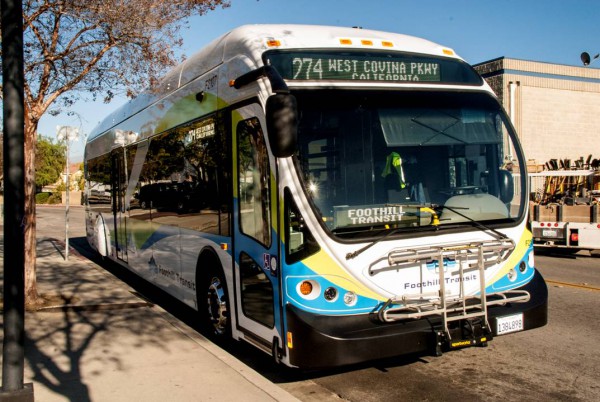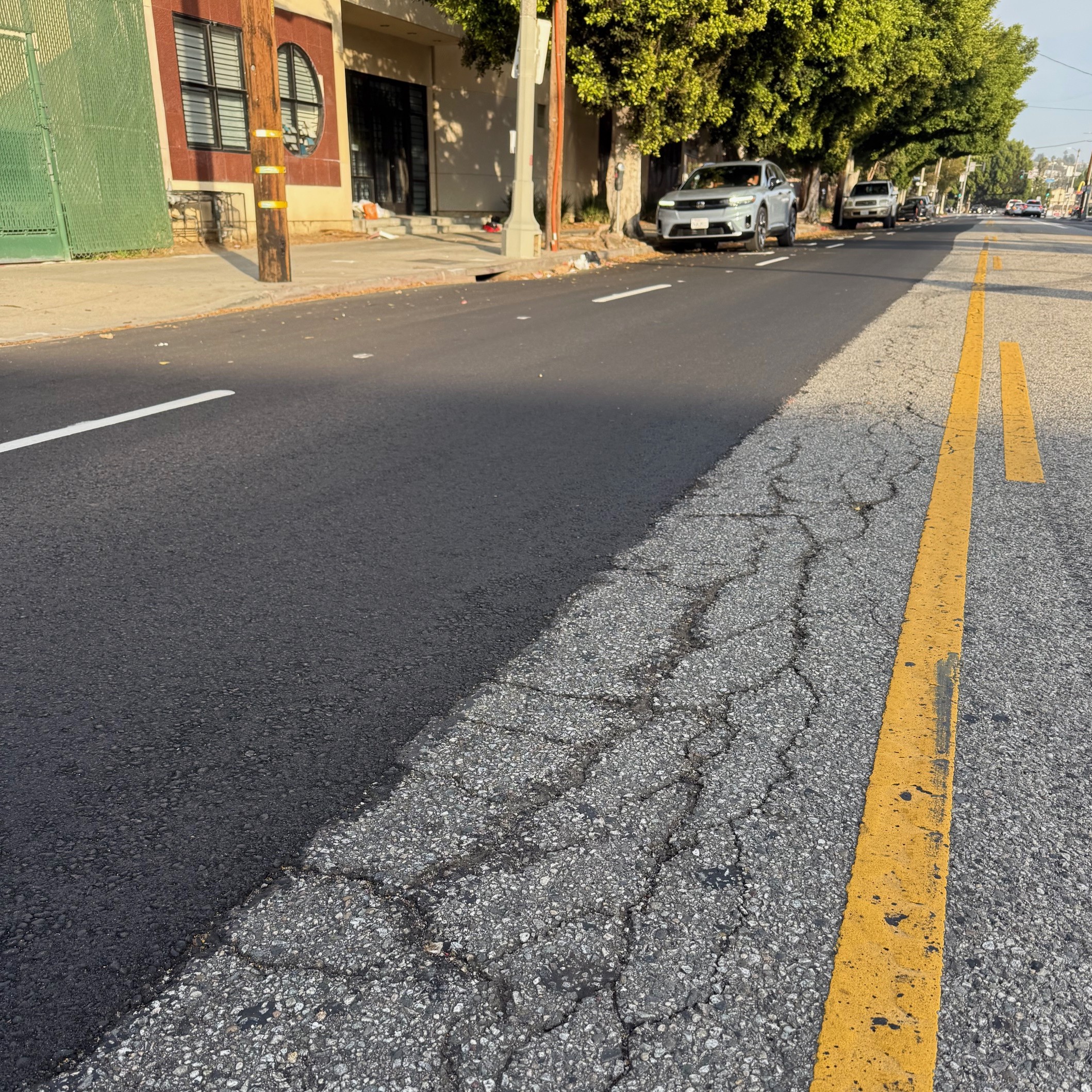Transit agencies all over are reducing service in response to declining ridership and declining revenues during the coronavirus pandemic. This post features a run-down of what many L.A. County transit providers are doing now, but the situation is changing quickly, so it may well be out of date by the time you're reading.
Ridership being down is generally a good thing right now. Angelenos are doing their part to shelter in place. This means eliminating non-essential travel. Fewer riders makes social distancing possible for the people who are relying on transit.
Transit expert Jarrett Walker was one of the first to sound the alarm that COVID-19 could mean transit agencies running out of money. Walker's early advice to transit agencies was to avoid the types of cuts that cause ridership to fall further and stay down longer. Walker recently followed up, echoing the American Public Transit Association's call for Congress to direct emergency aid to transit agencies. To date, the federal government has approved packages for emergency economic stimulus, but has left transit behind, despite calls to aid struggling transit agencies. TransitCenter estimates that U.S. transit agencies will face a coronavirus-induced shortfall of $26-$38 billion over the next year.
Operating transit remains an essential activity, including getting essential workers to jobs, and shuttling others to stores or healthcare facilities. Though nationally a few small transit agencies are temporarily shutting down, right now L.A. transit agencies remain open, albeit mostly - and smartly - operating at reduced levels.
Metro, which carries the lion's share of the county's transit riders, made modest service cuts two days ago. This morning, Metro reiterated its commitment to remaining open to serve essential mobility needs, but announced more service reductions, including dynamically adjusting service "almost on the fly."
Other L.A. County rail service includes Amtrak and Metrolink. For now, Metrolink is operating regular service. Amtrak expects to move to a temporarily reduced schedule on Pacific Surfliner trains starting Monday, March 23.
Beyond Metro there are more than two dozen "Munis" - municipal bus operators in L.A. County. Many operators' early responses included quickly trimming transit service directed toward serving closed colleges/schools.
The remainder of this post owes a debt to transit enthusiast Kenny Uong, who is keeping an extensive listing of Southern California transit agencies' responses to COVID-19 - including Orange and Ventura counties.
Below are some highlights from prominent L.A. County munis:
- Many transit agencies - including Culver City Bus, Foothill Transit, and Santa Monica Big Blue Bus have eliminated fares and mandated rear-door boarding for all riders not in a wheelchair. To learn more, see, for example, Foothill Transit's rider alert.
- LADOT will reduce DASH operations downtown, starting Monday, March 23.
- Long Beach Transit will be operating a modified bus schedule, operating buses from 6 a.m. to 9 p.m. daily, starting Sunday, March 22.
- Foothill Transit will reduce service starting Monday, March 23: Commuter Express Lines 490, 493, 495, 498, 499, and 699, along with Line 690 and Lines 851-855 will not be running. All other Local lines and the Silver Streak will still be running.
- Torrance Transit: Since Wednesday, March 18 and until further notice, Torrance Transit is operating a Saturday schedule Monday through Friday.
For a much more comprehensive list, see Uong's document. Stay at home to the extent that you can, and when you need to travel via transit, contact agencies to check for service updates.






